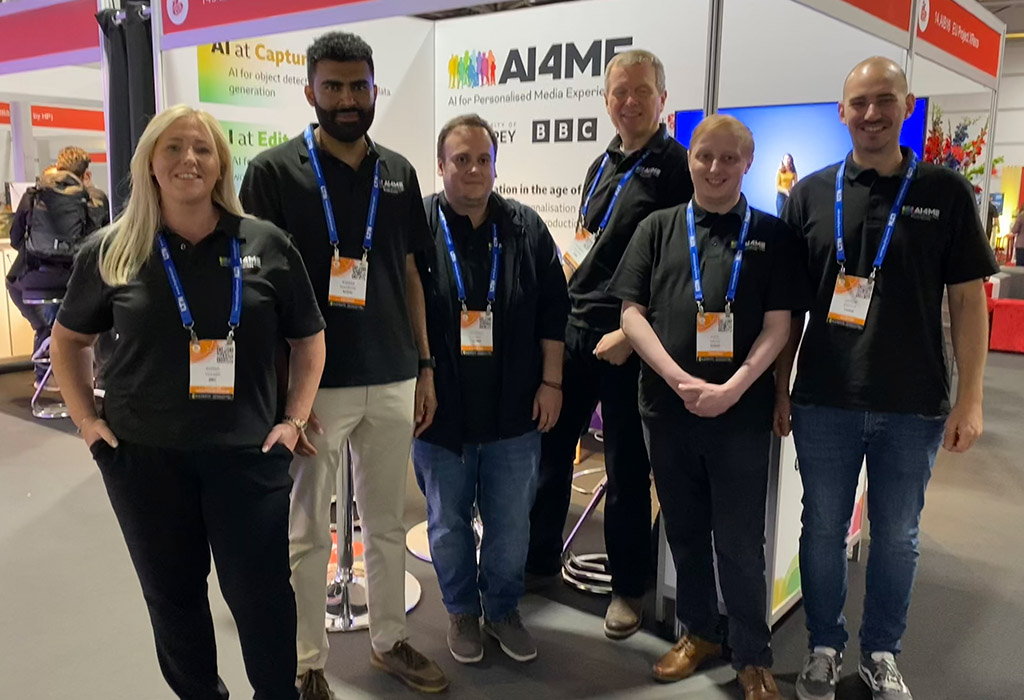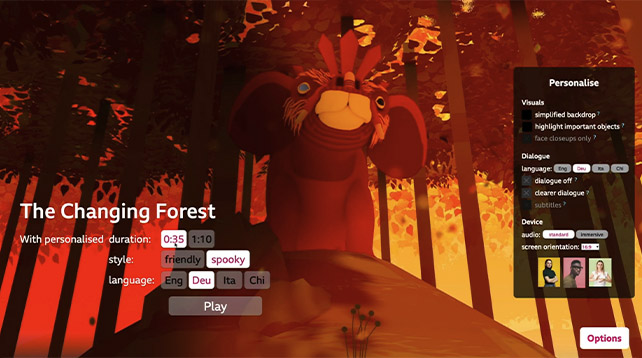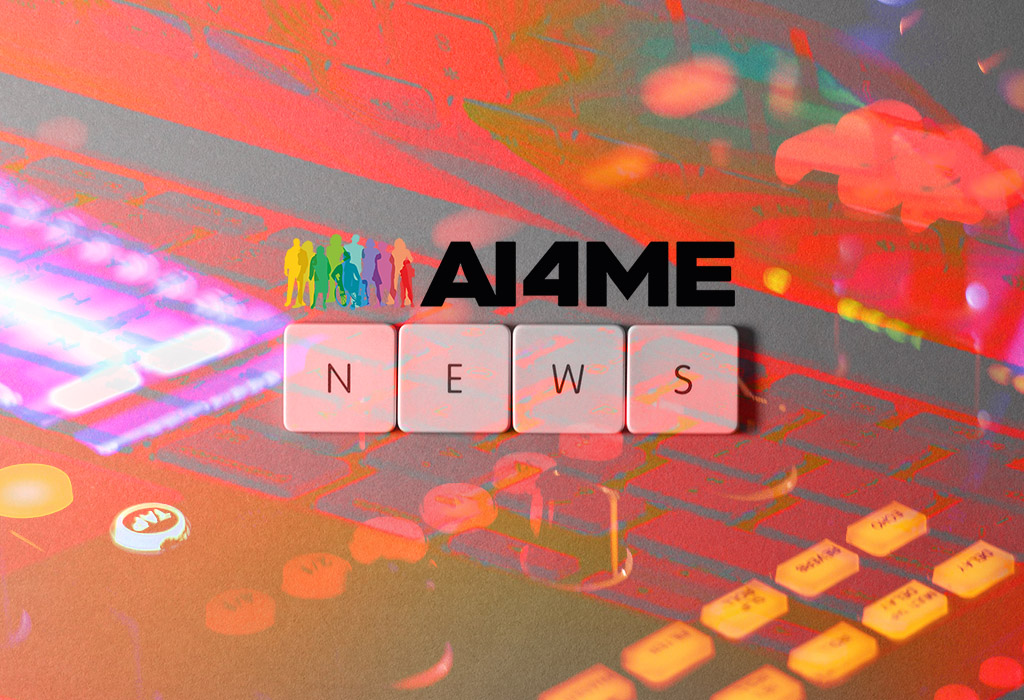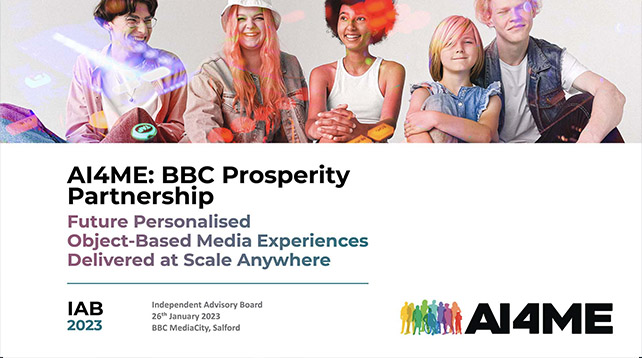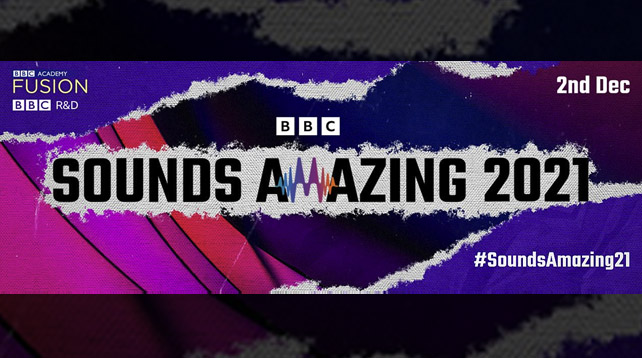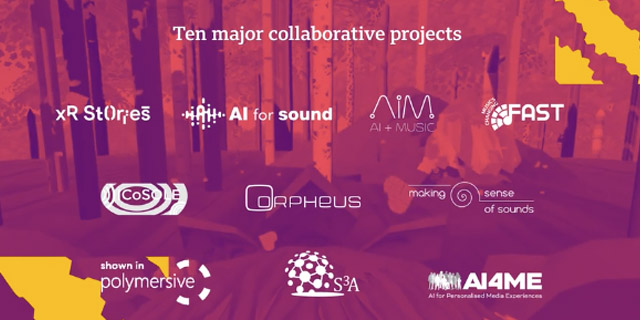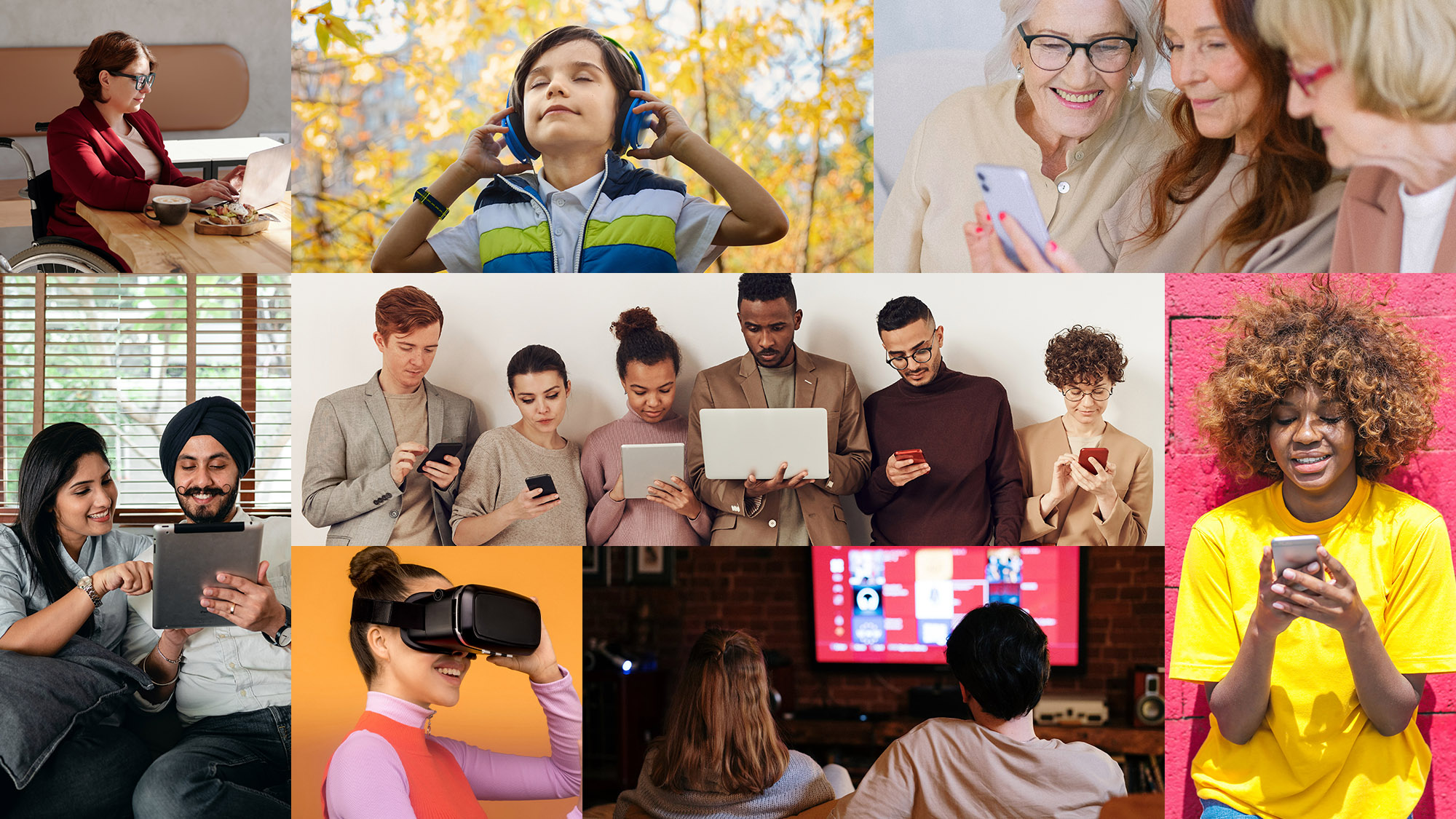The dataset, called ForecasterFlexOBM, features a weather forecast presented by three actors in a variety of settings, including English and British Sign Language. It was captured using a sophisticated 16-camera array and high-quality audio equipment, providing researchers with a rich source of data for machine learning experiments.
The ForecasterFlexOBM dataset includes scenes that are relevant to both production and research, such as neural radiance fields, shadow casting, action/event detection, speaker source tracking, and video captioning. By using this dataset, researchers can develop and test new techniques for personalizing media content to meet the specific needs and preferences of individual viewers.
The release of the ForecasterFlexOBM dataset is a significant step forward in the field of personalised media production. By providing a high-quality, publicly available resource, researchers can collaborate and accelerate the development of innovative solutions that will benefit audiences around the world.
The researchers were: Berghi, D., Cieciura, C., Einabadi, F., Glancy, M., Camilleri, O. C., Foster, P. A., Nadeem, A., Sardari, F., Zhao, J., & Volino, M. ICME 2024.
